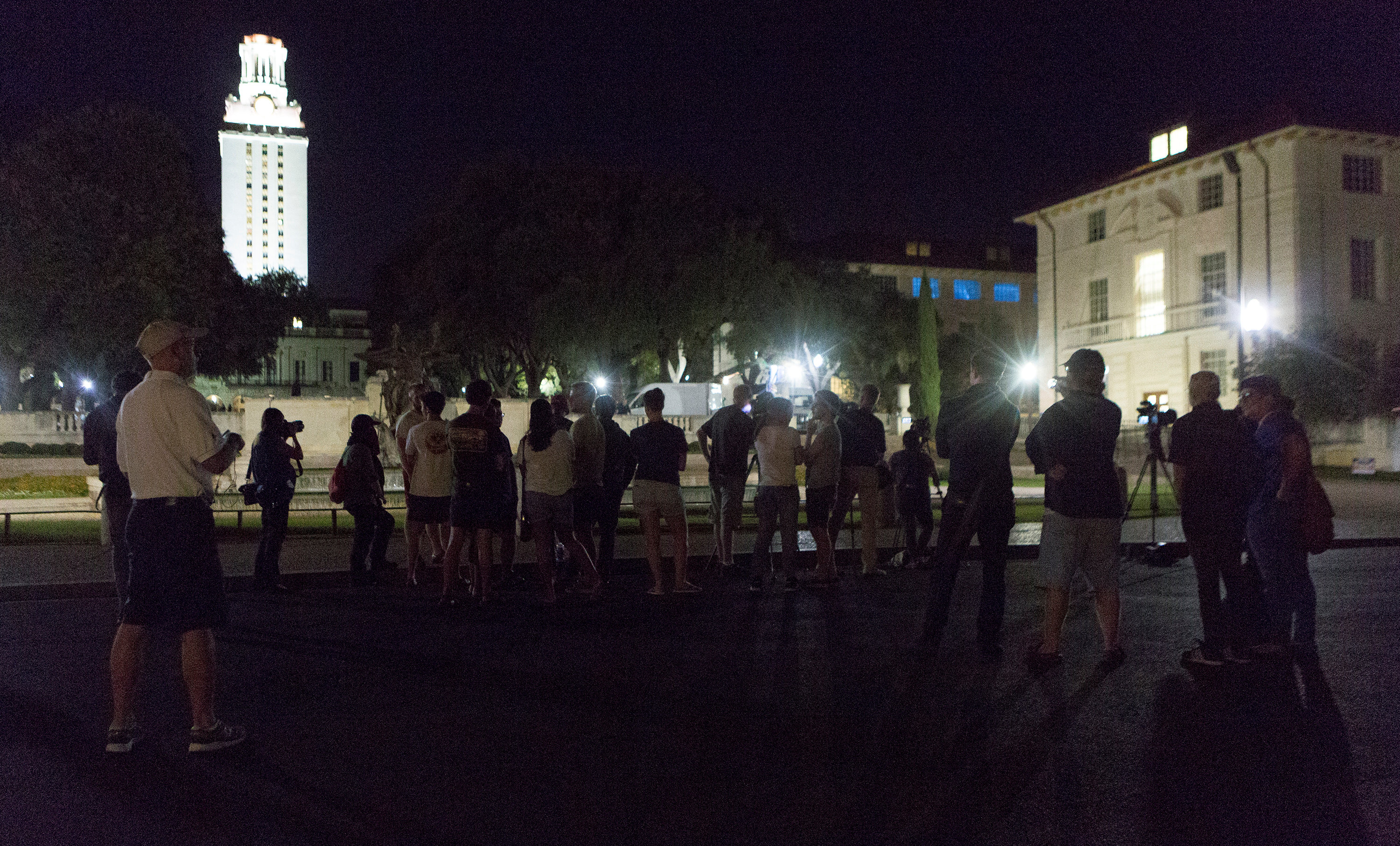
WASHINGTON (Reuters) – Senior Republicans in the U.S. House of Representatives moved on Monday to strip congressman Steve King of his committee assignments after the Iowa Republican gave a media interview in which he questioned why white supremacy is considered offensive.
The decision by the House Republican Steering Committee to remove King from his posts on the Judiciary, Agriculture and Small Business committees must be ratified by the full caucus of House Republicans.
The move comes as several House Democrats filed censure motions against King after he told the New York Times in an interview published last week: “White nationalist, white supremacist, Western civilization – how did that language become offensive?”
King, who has a history of making statements that critics have condemned as racist, said in a statement that his comments in the Times interview were “completely mischaracterized” and the committee’s decision was “a political decision that ignores the truth.”
House Republican leader Kevin McCarthy said in a statement that King’s remarks were “beneath the dignity” of the party and the country.
“Let us hope and pray earnestly that this action will lead to greater reflection and ultimately change on his part,” McCarthy said.
Republican Senator Mitt Romney, the party’s 2012 presidential nominee, called on King to resign. King was first elected to Congress in 2002 and won re-election in November with just over 50 percent of the vote, sharply lower than the 61.2 percent he polled in 2016.
The Republican leader in the Senate, Mitch McConnell, said in a statement: “If he doesn’t understand why ‘white supremacy’ is offensive, he should find another line of work.”
(Reporting by Eric Beech; Editing by Peter Cooney)

